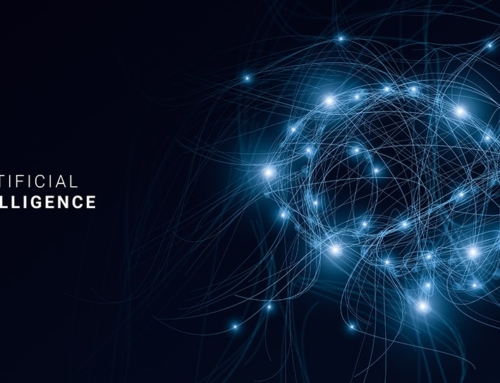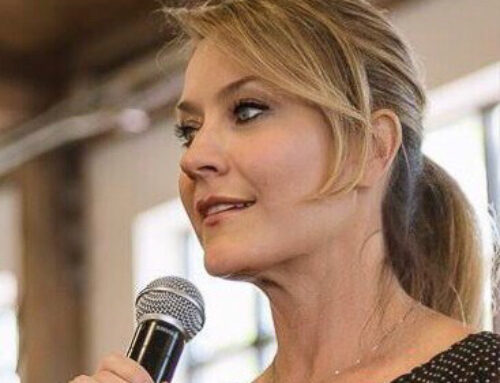As published in Forbes.
We call ourselves “human beings,” but I think that title is aspirational: one we are meant to earn. Being human should mean we are capable of higher-level thought and can choose rationally how we respond to external events as well as to internal thoughts and emotions. Now, I don’t know about you, but all I need is to be cut off in traffic or have my husband use the wrong tone of voice to witness my own inability to do this well.
Perhaps the most surprising element in business today is that we often behave in ways that are extremely ineffective and quite beneath us. Even those among us who are highly educated senior-level professionals fall into these traps. For example:
• We send an email or text when we know we should really pick up the phone.
• We make a mistake but never apologize to those impacted by our actions.
• We ignore the questions we don’t want to answer.
• When we think we can get away with it, we are rude, short, or dismissive with others.
• We don’t feel empowered to have the real conversation with the person we really need to address, so instead, we complain to anyone who will listen or we criticize the person or situation because we need someone to be “wrong.”
Thus, we are all very much on a journey toward deserving the title of “human,” as it would seem that even now, most of our collective and individual actions stem from our animal instincts. If we step outside ourselves and observe our own behavior, it is obvious how we seek pleasure in almost every situation: food, attention, validation, the easy path. In other circumstances, our actions are clearly rooted in fear: protecting our egos, seeking to be “right,” or to otherwise “win” over others.
Watch yourself and you will notice that you mostly react to what you feel is an external world acting upon you. See if you can notice how you actually participate in the co-creation of the world, and then how people and events change according to what you do and how you do it. For example, go to a restaurant and be critical and disrespectful. Then, go into another eatery and be patient, kind, and generous. Notice the results.
We each have so much more power than we give ourselves credit for. What we do and how we do it — the language we use or allow, our daily actions and the thoughts we hold underneath our actions — all have an enormous impact on those around us.
We sense within that we could be better and higher versions of ourselves, and it is exciting that so many today have the desire to improve. No doubt, this is why you are reading this post. So applaud yourself for your good intentions. But the work ahead requires more than temporary situational discipline. Most of us are already able to act from our highest self at will: We might put our best foot forward with a person we find attractive or for a job or opportunity we seek. However, what the world needs now is that we mature ourselves fundamentally, such that we understand and take responsibility for how we co-create every relationship we are a part of. Not unlike the good vampires in the popular “Twilight” movies, we, too, must discipline ourselves to act from our highest self at every turn, as by doing so, we have the greatest opportunity to create the kind of world we seek.
The work ahead is personal. We first require greater self-awareness of how our presence and actions impact others. Following this is self-mastery, the ability to choose our responses well. In the words of Lao Tzu, “He who controls others may be powerful, but he who has mastered himself is mightier still.”
In the book Mastering Leadership, data collected over the last 13 years by The Leadership Circle Organization includes reports on more than 60,000 C-suite and senior-level leaders in more than 10,000 organizations across 171 countries. This data reveals that 75% of some of the world’s best leaders lead from what is called a “reactive” mind—a mind that is critical, distant, controlling, arrogant, and autocratic. Sadder still, this body of research indicates that 5% still lead from an egocentric level of mind—the developmental equivalent of a toddler. Currently, only 20% have matured to a “creative” mind, one focused on caring connection, integrity, courageous authenticity, and community concern. What I find most exciting is research done by Bill Adams and Bob Anderson at the Leadership Circle Organization demonstrate that those who lead from a creative level of mind also achieve greater business success. I love it when love wins!
As Gandhi taught, we each must become the change we wish to see in the world. Do you want to change the world? Wonderful, work on maturing your animal instincts to higher-level behavior. Then you will see that the entire world changes for you. Of course, changing ourselves is probably the most difficult challenge each of us faces. As the saying goes, “I have met the enemy and he is us.”
Ask yourself: What is my ideal personal and professional reputation? Now, focus on living up to that reputation with everyone you touch. Ask yourself, whom do I admire most? Make it your goal to become a person: a human being worthy of your own admiration and respect. Do this in small ways and large. Do it most especially with your family because they deserve it and, if you can live it with those you live with you can no doubt live it anywhere!






